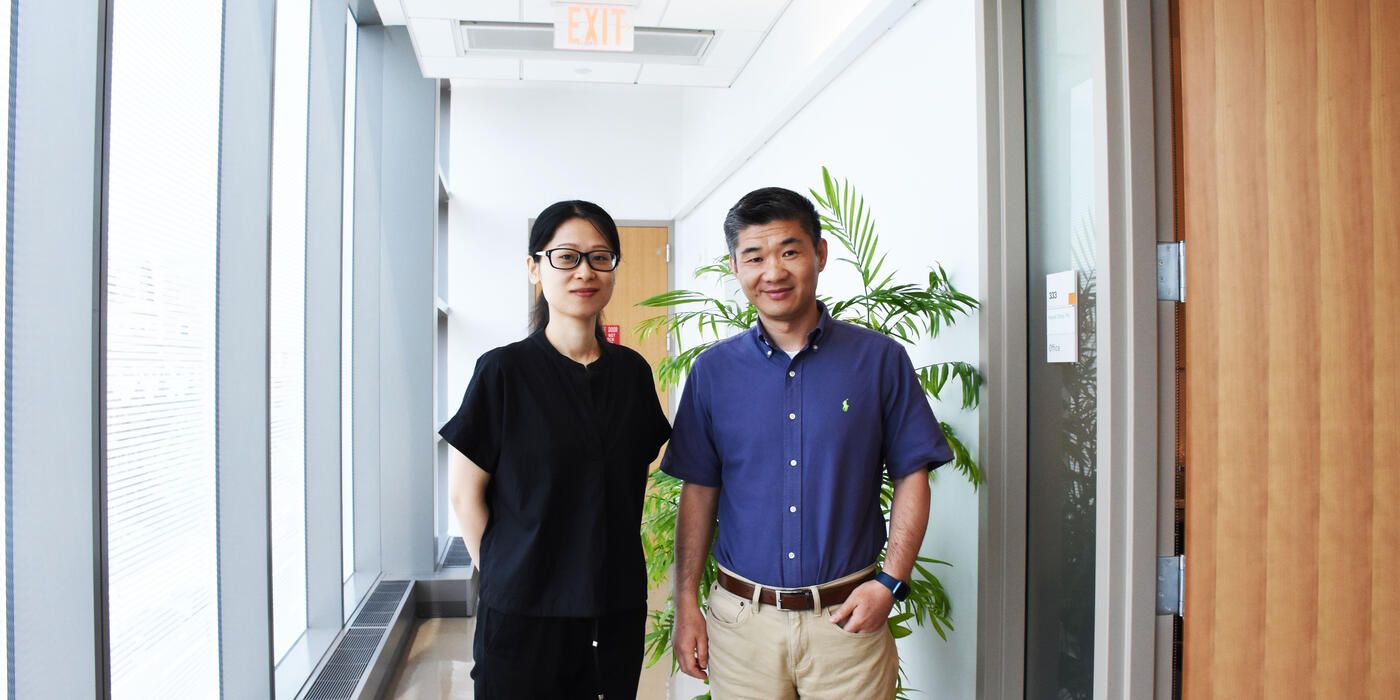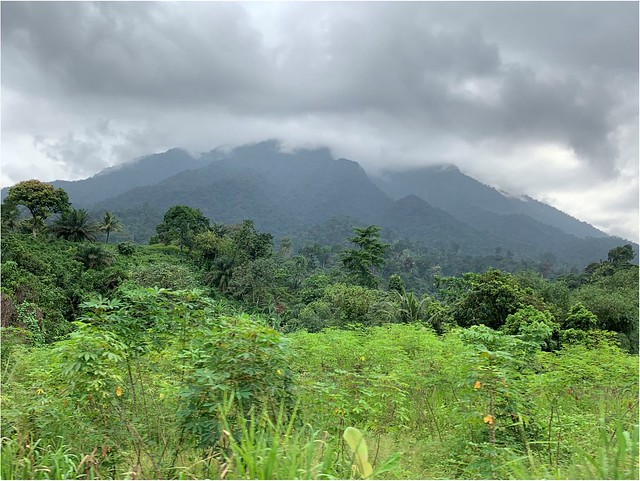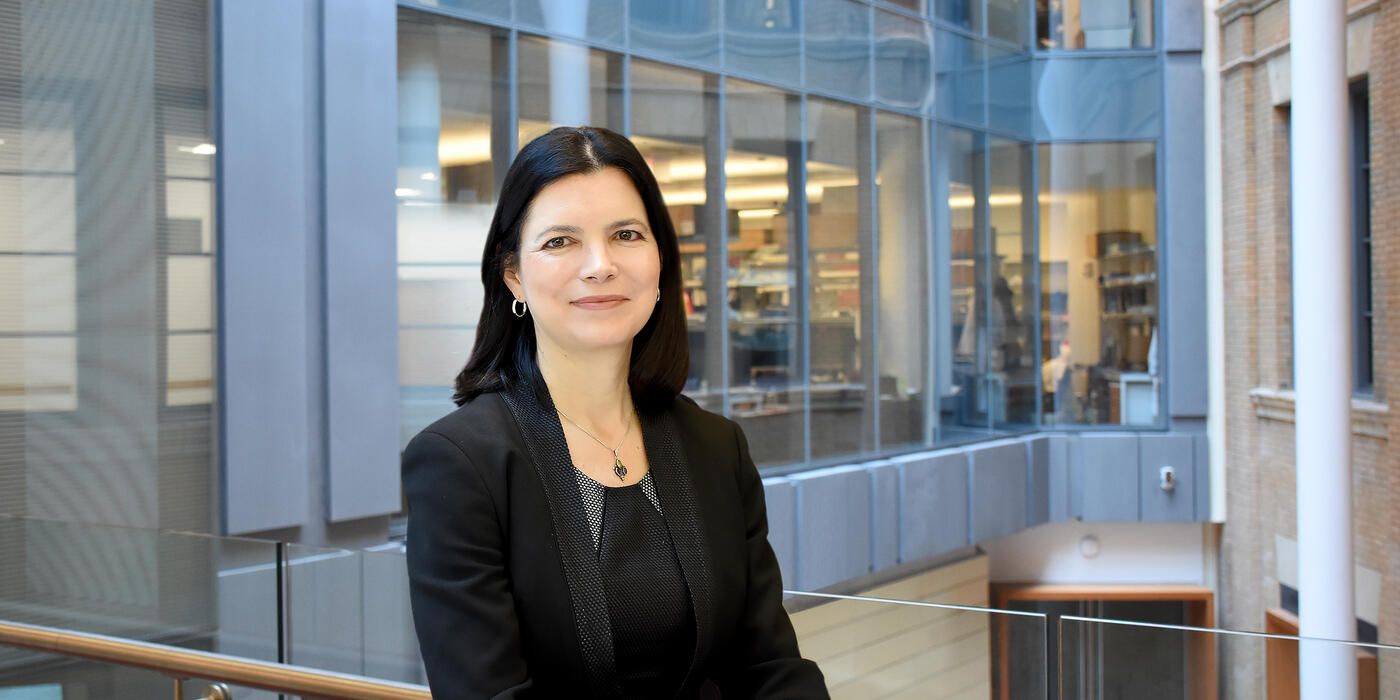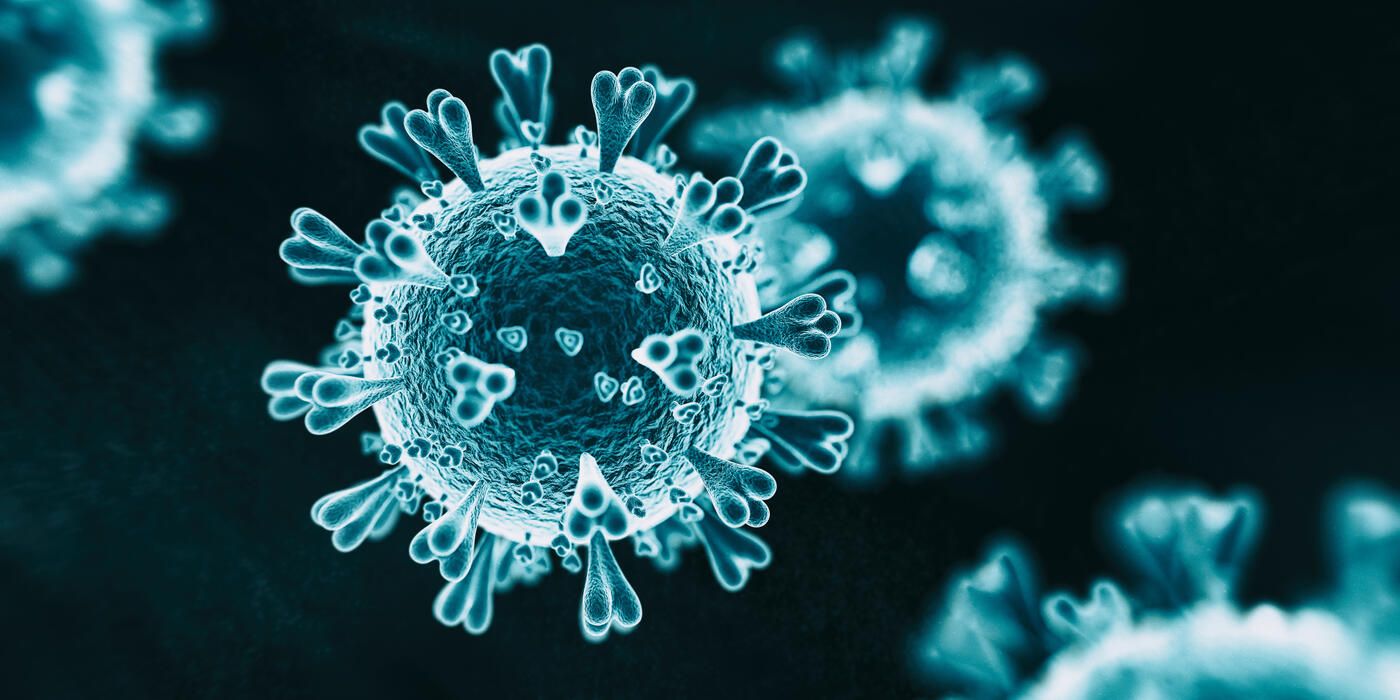The Hubert J.P. Schoemaker Education and Training Center is adding a new training program uniquely designed to address life science industry needs. Titled the Quality Science Pathway Apprenticeship, this certification program is cost-free and provides on-the-job training and instruction for quality science roles in the biotechnology and pharmaceutical industries. Wistar sat down with David Zuzga, Ph.D., associate dean of Biomedical Studies at the Institute, to discuss what this new program is and why it is important to infuse new talent into the Philadelphia life science workforce.
Q: Can you provide a lay-friendly overview of what Quality Science (QS) is and breakdown the role of a QS officer within the biotechnology or pharmaceutical industries?
A: Quality Science professionals ensure the safety and efficacy of medicines, diagnostics, and medical devices across the continuum of research and development (R&D), clinical trial testing, and commercial production. They are responsible for testing and certifying that these products meet the needs and expectations of doctors and patients and are free from deficiencies.
Q: Describe the demand in the region for these types of STEM-based skills.
A: Although Quality Science is an essential operation within biopharmaceutical companies, people are rarely exposed to the field before being hired into these roles and there are few opportunities for training and education, increasing the onboarding time of new employees.
Regionally, the demand for quality science professionals is expected to skyrocket as more of Philadelphia’s biotechnology companies transition from R&D to the commercial stage. In fact, the Chamber of Commerce recently established the Life Science Talent Pipeline Collaborative to ensure the region’s life science sector is supported by a talented workforce. The Collaborative identified access to quality science professionals as vital to sustaining and expanding the region’s life science industry. We have this emergent need for quality science professionals and training infrastructure, which Wistar’s Quality Science Pathway Apprenticeship (QSPA) is designed to meet.
Q: What inspired Wistar to create this apprenticeship program in collaboration with Pathway for Patient Health? Can you speak more about their role in the program?
A: I previously worked with Pathway for Patient Health (P4PH) to establish a quality science certificate program at La Salle University. I believe that combining the certificate program with the innovative biomedical apprenticeship model Wistar pioneered with its Fox Biomedical Research Technician (BRT) Program provides more equitable access to training and careers in the life sciences.
P4PH recruited industry subject matter experts to develop a curriculum that produces Certified Quality Science Professionals. The program addresses the lack of exposure to quality science and training opportunities, and helps employers access a unique talent pipeline of quality science professionals. Wistar’s Quality Science Pathway Apprenticeship combines the P4PH certificate with on-the-job training at employer sites. Online, evening courses are taught by subject matter experts from companies, connecting participants to potential future employers.
P4PH supports the Program by providing access to industry mentors and an online global hiring portal. The first course, Global Regulatory and Legal Requirements of Quality, begins in early September, and the remaining courses – Product Development and Validation, and Risk and Failure Analysis – will run in the spring. Once certified, participants will be eligible to begin full-time employment with employer partners in roles such as quality control analyst and quality control microbiologist.
Q: What career opportunities are available for those who complete the Quality Science program including reasonable salary expectations?
A: Average starting salaries for jobs supported by the program, such as quality control analysts, are ~$60,000 annually. But this is just the start. These positions are an entry point into the life science industry and a steppingstone to lucrative careers and management roles in regulatory affairs, quality assurance, and manufacturing site management.
Q: What are some of the differences between the Quality Science Pathway Apprenticeship and the existing workforce development programs at Wistar? What makes Quality Science a unique opportunity?
A: The QSPA is complementary to Wistar’s existing Biomedical Technician Training (BTT) Pre-apprenticeship Program. The BTT Program develops and hones laboratory research skills and provides internships in academic and industry settings. On the other hand, the QSPA provides an understanding of the regulatory landscape in which industry R&D operates and complies. Together, these Programs provide broad and deep training to accelerate careers in both R&D and Quality Science.
Q: How does completing this certification program particularly through Wistar benefit participants?
A: Wistar’s QSPA Program is unique in that it combines an industry certificate program with a state-registered apprenticeship offering full-time employment and 2,000 hours (one year) of on-the-job training. It has been developed in response to life science companies in the Greater Philadelphia region expressing an increasing, critical need for employees with quality science training and experience. Unlike other programs, the QSPA is a cost-free, open-access program available to diverse learners at different stages in their academic and professional careers and may include current undergraduates at two- or four-year institutions, non-current college students (some college coursework, but not currently enrolled), and recent college graduates.
Q: Why is the unique collaboration with industry partners like Pathway for Patient Health important to this Program and Wistar’s Hubert J.P. Schoemaker Education & Training Center? What does this mean for our Institute to offer these career pathways in science?
A: Our commitment to workforce training initiatives is reflected in Wistar’s 2021-2026 Bold Science // Global Impact Strategic Plan. Notably, education and training comprise one of the plan’s three pillars, with the specific goal of expanding Wistar education and training programs to create a diverse, inclusive life science talent pipeline. The QSPA enables Wistar to meet its strategic education goals by creating an innovative public-private partnership that aligns workforce needs constraining the regional biotechnology industry with a novel STEM work-based learning and training model that provides career pathways to traditionally underserved populations– ultimately increasing diversity, equity, and inclusion in the life sciences.
For more information about course details and eligibility, please visit our Quality Science Apprenticeship webpage.










